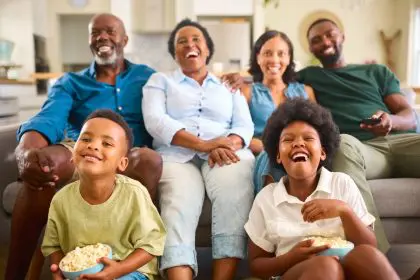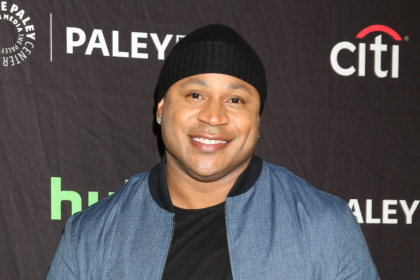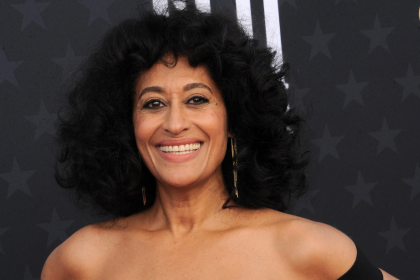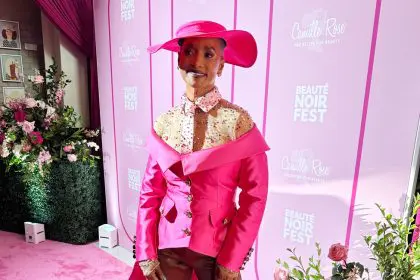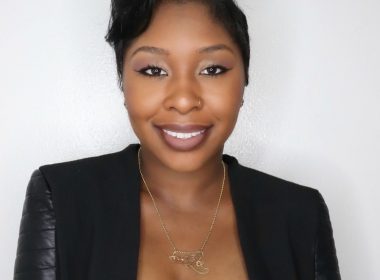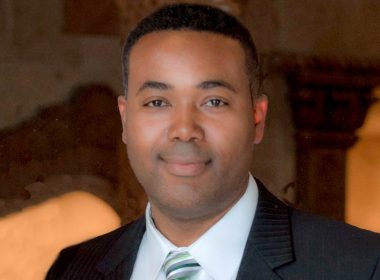
During the “bad ole days,” groups of white men would often just beat an innocent black man or woman for fun while walking down the street. Now groups of black kids are doing the same thing and calling it the “knockout game.” Incidents have occurred in nearly every major urban city. The image of the menacing black man is common cover art. As is weed smoking, black women as sex objects and violent names. Mass media has built this image of the black male as thugs but has the black underclass embraced thug culture like the N-word?
I’m not so convinced about the pervasiveness of the knockout game. I know it’s occurring, but there are these moments when white fears are triggered and folks exaggerate.
And what are those white fears?
White fears can be thought of as a general anticipatory fear that black people are black criminals, black men are black thugs and are always positioned to exact harm. And given whether one is in immediate danger or not, the idea that black people can engage in violence stokes fears. So the idea of black men randomly knocking out people joins with this already existent fear that justifies a certain kind of policing, which justifies the prison industrial complex, which justifies not only criminal justice policy but also social policy.
Why do you think there is a perception of the knockout game being widespread?
We need to be very careful what we read into the knockout game and how we read social media. We see this on World Star Hip Hop and we see it on the Internet. Remember the firestorm around Gabby Douglas’ hair? There were only a few folks who actually commented on her hair at first but soon it became a huge story as all of these folks went in after her. So when mass media puts up a panic, we have to be careful about the supposed moral decay of the black underclass.
Is the black community still connected?
There was a study done by the Pew Research Center in 2007 that stated [that] close to a fourth of black Americans feel that we are not a community anymore. Most of the respondents who held that view earned $30,000 to 100,000 per year. They were the working poor and the middle class. But it was those respondents in the upper income range of $100,000 or more who still felt a sense of community. We can read that gap as what Eugene Robinson called the “transcendent class” those blacks like Jay Z, Oprah and the like who really do not really interact with everyday ordinary folk as some people do; or we can read it as a kind of imagined solidarity or community.
Then what are some of the realities of black ‘hood life?
What we see on the ground are the effects of the disappearance of work, the effects of the erosion of black institutional life. When we look at the role of traditional institutions like the black church, we see that they are moving out of the inner city and into the suburbs so we are losing our neighborhood churches. Some of these churches move to the surroundings of the suburbs so they can engage in a growth plan fitted around a prosperity gospel; even HBCUs are suffering.
What are the realities of black urban culture in America?
When we think about institutional culture, the fragile psyche of black folk, engaged around the liberation and circumstances of their lives, and if you combine that with the hell they’ve been catching since 2008 where the level of economic and social misery has increased exponentially, what we can say is that it is really dark out here. That divide between those who have and those who don’t is deepening. So how we read what is going on in the ‘hood and how it is marketed, shows us how certain folks can takes advantage of a certain type of dysfunction. Those images then circle back to serve as a way of justifying a particular kind of policing of those very neighborhoods, and serves as a justification for starving those neighborhoods.
You speak of social policies, what about the individual?
When it comes to social policy what I am trying to insist on is not trying to frame this in a way that is solely in terms of individual responsibility. That’s what some folks want to do; blame poor people for the hell they are catching; that they are making the choices that make them poor. I’m thinking about all of this in the context of the conjuncture of a rise in social and economic forces that produced the condition under which people are struggling to eke out a living and desperately trying to imagine what it means to flourish. Those possibilities are shrinking daily.

